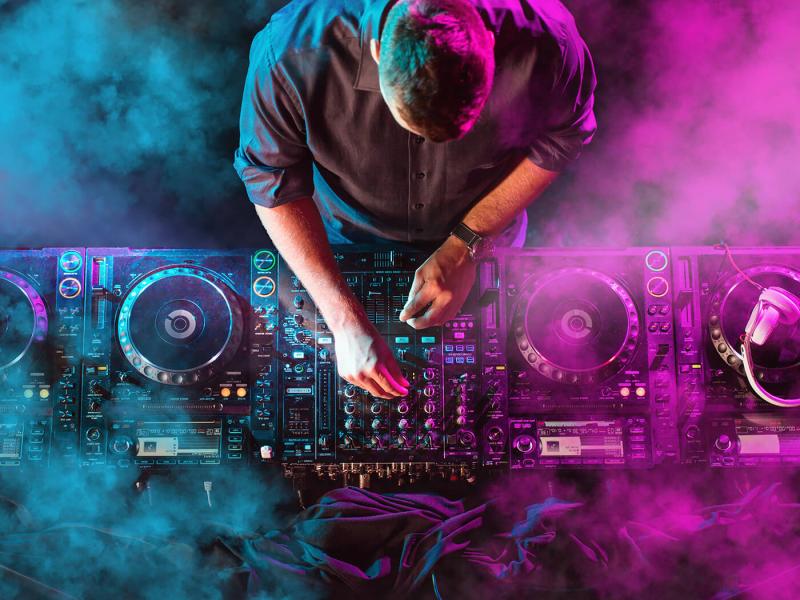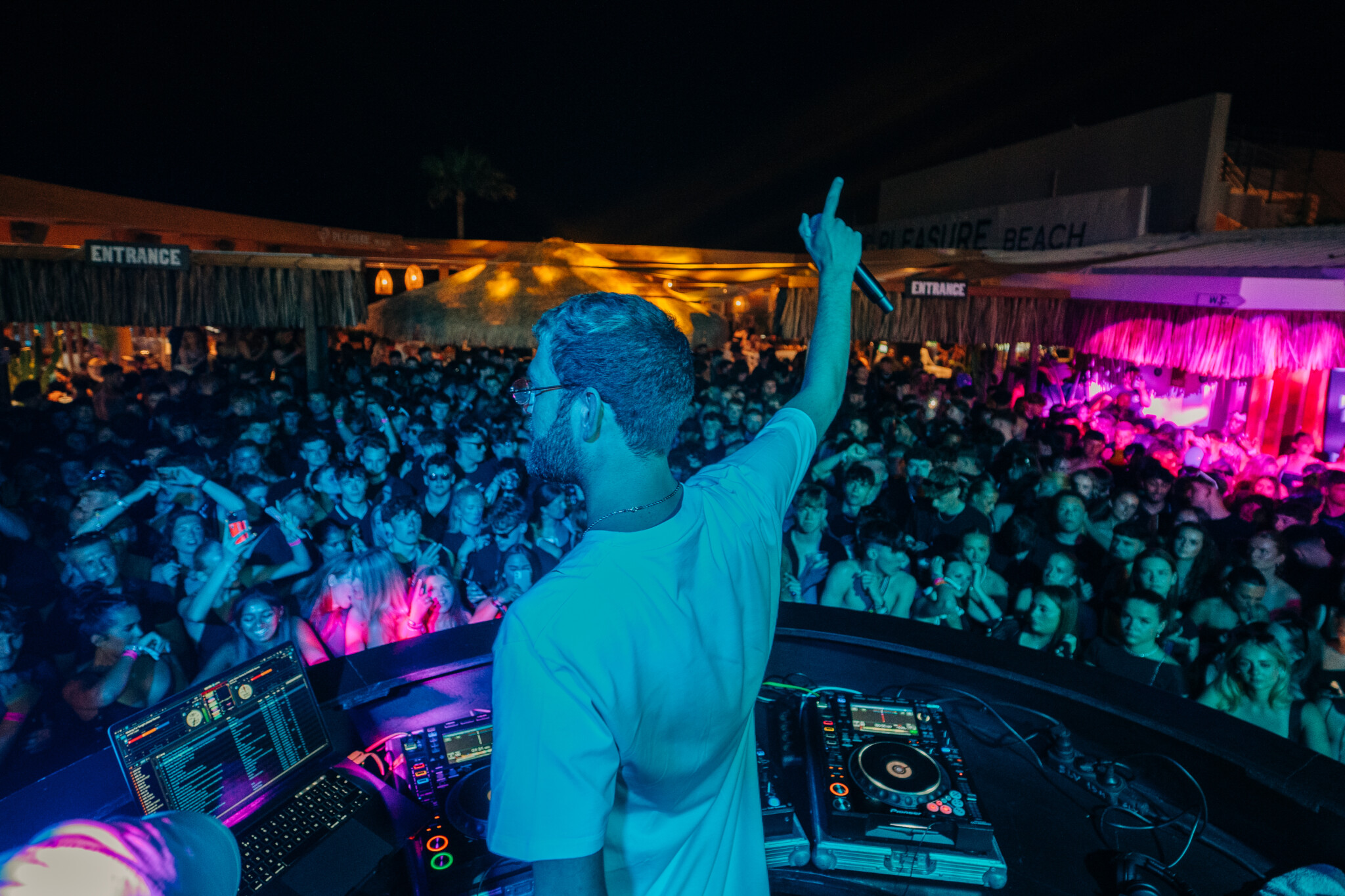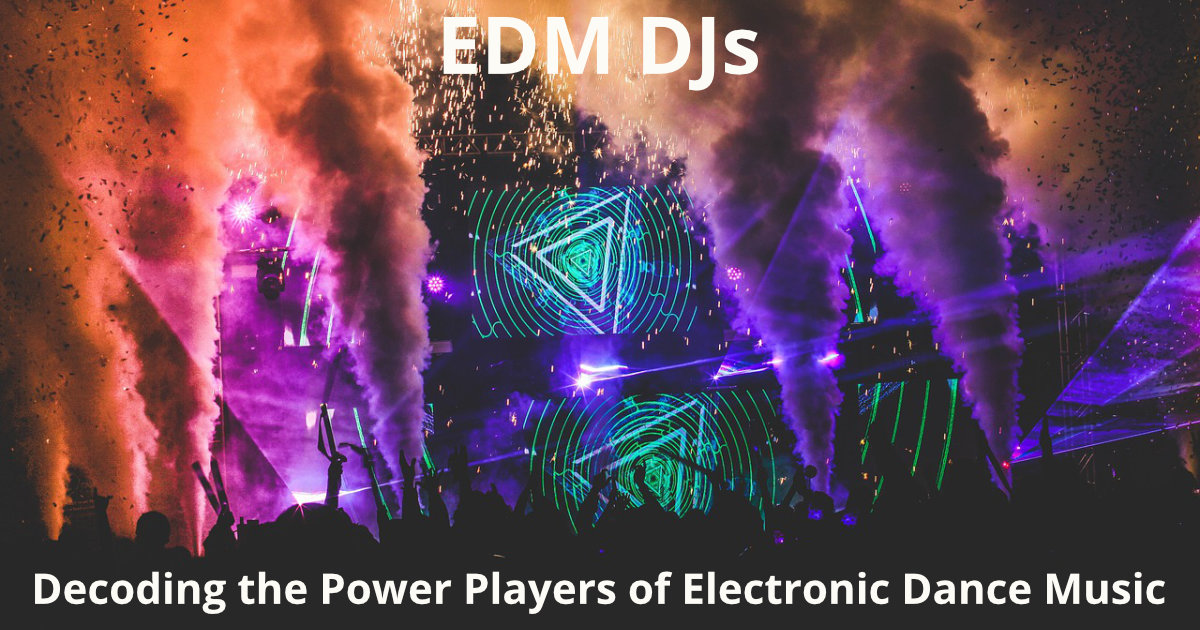Germany’s club scene is a vibrant tapestry woven from threads of pulsating beats, eclectic atmospheres, and a deep-rooted cultural heritage. From the frenetic energy of Berlin’s underground techno parties to the charming rustic vibes of traditional folk dance halls, the diversity is staggering.
Each city, each neighborhood, boasts its own unique sound and style, tantalizing both locals and visitors alike. In this dynamic landscape, revelers can immerse themselves in everything from minimal techno to live jazz, while also stepping into spaces that celebrate the countrys rich customs and folklore.
Whether you’re a dance enthusiast seeking adrenaline-pumping rhythms or a curious traveler eager to explore age-old traditions, Germany’s club culture promises a journey full of surprises and unforgettable experiences. Buckle up as we navigate the pulse of a nation that thrives on music, community, and the art of celebration.
The Evolution of the Club Scene in Germany

The evolution of the club scene in Germany is a vibrant tapestry woven from layers of cultural shifts, music revolutions, and youth movements. Emerging from the ashes of post-war Berlin, clubs like the legendary Berghain became not only venues for dancing but sanctuaries for self-expression and freedom, drawing in eclectic crowds from all walks of life. In the 1990s, the techno wave, pulsating with hypnotic beats and electronic innovation, swept across the nation, transforming abandoned factories and underground spaces into pulsating night havens.
Yet, the scene is not monolithic; it flourishes with diversity, embracing traditional elements like folk music in Alpine dance halls while fostering trends in hip-hop, electro, and beyond. Each generation leaves its imprint, continually reshaping and challenging conventions, making Germany’s club culture an ever-evolving phenomenon that remains as dynamic as its nightlife.
Techno: The Heartbeat of Germany’s Club Culture

Techno pulsates at the very core of Germany’s vibrant club culture, a genre that has not only shaped the nation’s nightlife but also forged a unique identity that transcends borders. Emerging from the ravages of the 1980s, particularly in Berlin, this music became the soundtrack of a city reborn, emblematic of freedom and creativity.
Each beat, each drop, weaves a narrative that resonates with the collective heartbeat of diverse clubgoers, creating a euphoric atmosphere where time and space dissolve into a haze of strobing lights and relentless rhythms. Venues like Berghain and Sisyphos have transformed into iconic temples of sound, drawing techno enthusiasts from around the world, eager to lose themselves in marathon sets that stretch long into the dawn.
The culture thrives on inclusivity, inviting anyone ready to embrace the music and the moment, making techno not just a genre, but a philosophy—a shared experience that celebrates individuality within a mesmerizing communal space.
The Rise of Electronic Dance Music (EDM)

The rise of Electronic Dance Music (EDM) has reshaped the auditory landscape of Germany’s club scene, a phenomenon that reverberates through the pulsating beats of its vibrant nightlife. Originating in underground raves, this exhilarating genre has exploded into the mainstream, captivating audiences with its eclectic rhythms and innovative sounds.
From the gritty warehouses of Berlin to the sleek venues of Frankfurt, DJ sets morph into immersive experiences, drawing crowds who lose themselves in a kaleidoscope of lights and sound. This evolution has not only paved the way for a diverse array of artists but has also synchronized closely with the innovative spirit of German culture, where tradition meets avant-garde most spectacularly.
As EDM continues to flourish, it intertwines with local subcultures, breathing new life into the very core of Germany’s dance music identity.
Conclusion
In conclusion, Germany’s club scene is a vibrant tapestry woven from diverse musical genres, cultural influences, and unique venues, reflecting the nation’s rich history and modern creativity. From the pulsating beats of techno that define the nightlife of cities like Berlin to the enchanting ambiance of traditional folk music in its charming towns, there is something for everyone to appreciate.
As our exploration illustrates, individuals like Louisa embody the spirit of this scene, embracing its eclecticism and inviting others to join in on the experience. Whether you’re a seasoned electronic music enthusiast or a curious newcomer eager to explore local traditions, Germany’s clubs offer an unparalleled journey that showcases the heart and soul of contemporary nightlife.




